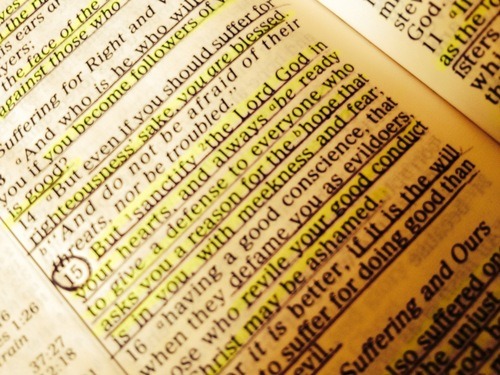To Change the World

I began reading To change the world by James Hunter back in 2010 shortly after it was published, but like most books I start and seldom finish, Hunter’s book experienced the same fate. My modus operandi is to see another title that catches my interest and I move on to other pastures. As I once again returned To Change The World I realized that I had changed. They, whoever “they” may be, say that you never step into the same river twice. Like a moving river I had moved from that place four years ago. Just in the last seven months alone I have been exposed to so many new books, subjects, and teachings that I no longer had the same perspective or even the same process of thought. I have been stretched, I have grown, I have changed.
Change for one individual may not be a dramatic thing to experience, but as Dr. Hunter points out, to change a culture is an entirely different thing indeed. Not by politics, not by evangelism, not by social reform nor even by these three together can a society be changed.[1] Even when there are changes in the beliefs and values, hearts and minds of ordinary people and even as they create cultural artifacts, change in a culture or a civilization does not take place[2]. We all desire to see our society reflect our own likeness, but perhaps the reflection we desire is more of the idea of what we desire to be, rather than the actual reflection of our current likeness[3]. This lack of congruency between our desired-self and our true-self maybe the very thing that keeps our American culture sliding down the preverbal moral slope. I was sadden to read how Christians were not mature enough to deal with dissenting points of view by other Christians but would rather attack and criticize their “brother.” The rest of secularized society looks in on this and sees only the dissension and division. Have we so soon forgotten that the payer of our Lord Jesus, recorded in John 17, is in fact a prayer for us to be one with Him and in so fulfilling this oneness the world may believe that the Father has sent the Son.[4] Our unity is to testify to the culture we are attempting to engage and share the relationship of our Savior with. Yet the history of our American Christian activism, in attempt to “change the culture,” has produce much strive and division even becoming functional Nietzscheans![5] In an attempt to change the culture strictly through the political system leads to politicization of values, which as Hunter understands “values cannot be achieved politically because politics is invariably about power.”[6]
Let us remove ourselves from the American mindset for just a moment and lift up our eyes to the world wide harvest and understand that God is not wanting the American system/culture to be applied to other peoples no more than He wants another cultures to supersede the current American culture. Culture is not intrinsically good or bad it is just the historical collection of social imaginaries that the people within a society have agreed to order their lives. “Culture, at root, provides the very terms by which life is ordered.”[7] I therefore agree with Hunter that the “first task is to disentangle the life and identity of the church from the life and identity of American society”[8] for they are not synonymous. Often we think that the American Dream and the Kingdom of God are one and the same, and there in lies many a problem. We are to influence our culture, all cultures, with the the faithful witness and presence that Christ calls us as being the being salt and light to our generation. We are called, as Hunter writes, to “live in fellowship and integrity with the person and witness of Jesus Christ.”[9] To this end may we help to form individuals in the likeness of Christ and be prepared to give an defense to everyone who asks us a reason for the hope that is in us, with meekness and reverence that provides that faithful presence.
Leave a Reply
You must be logged in to post a comment.